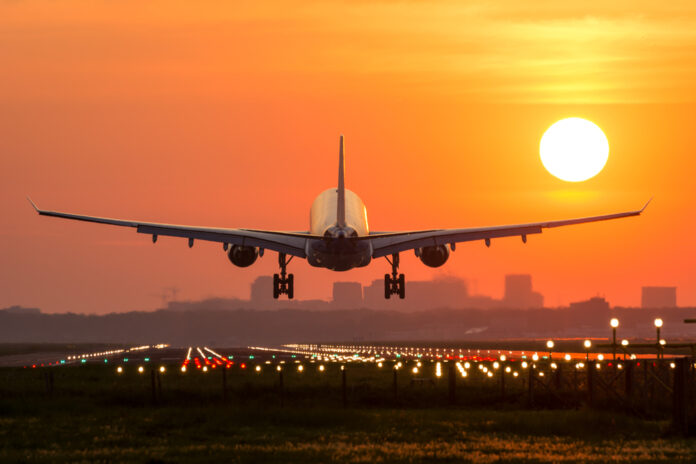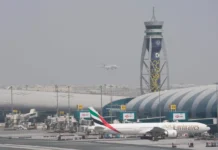By Kelly Were
On Friday, Pakistan’s aviation authorities announced that they would extend the ban on Indian airlines from using their airspace for another month, after the worst violence between nuclear-armed rivals in decades.
The ban was announced on 24 April as both sides exchanged diplomatic status with status measures, leading to four days of military conflict.
More than 70 people were killed in missiles, drones and artillery fire until the ceasefire was declared on 10 May.
“Iranian airlines or operators will not allow flights to use Pakistani airspace,” the Pakistan Civil Aviation Authority stated in a statement, adding that the ban was extended until early in the morning of 24 June.
“This ban will also apply to Indian military aircraft.”
India had returned in the same way, with a ban at the end of April, due to continue until 23 June.
The conflict was triggered by a deadly attack on tourists in Kashmir administered by India, which New Delhi accused Islamabad of supporting.
Islamabad rejected the claim and demanded an independent investigation.
The Muslim majority of Kashmir is claimed by both countries, which have waged several wars on the Himalayan territory since their independence from Britain in 1947.
Pakistan’s decision to close its airspace to neighbouring airlines has led to travel between India and Central Asia, Europe and North America taking two hours.
And the additional flight time may eventually make the flights more expensive.
According to Indian government data, when Islamabad closed its airspace in 2019, domestic airlines suffered financial losses of about 5.5 billion rupees (64.3 billion US dollars) after New Delhi launched air strikes in response to the Kashmir attack.



















